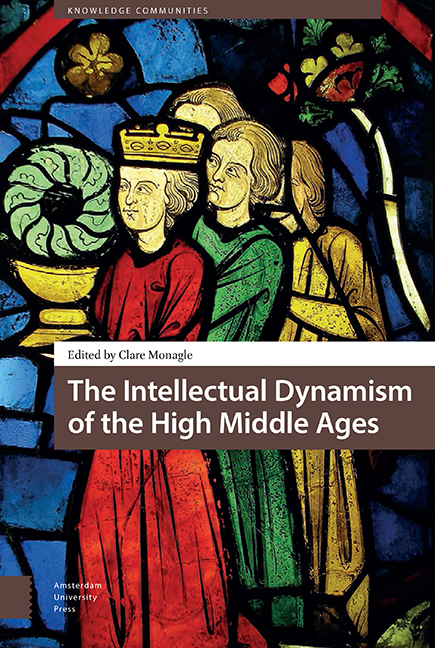Book contents
7 - Significatio and Senefiance, or Relics in Thomas Aquinas and Jean de Meun
Published online by Cambridge University Press: 16 July 2022
Summary
Abstract
This chapter asks whether Jean de Meun's references in the Roman de la Rose to relics as a euphemism for genitals actually allude to a much larger debate in Paris between 1250 and 1280 about significatio in general, and about the religious and political significance of relics in particular, a debate in which Thomas Aquinas played an important role. Scholars have noted the influence of Ovid and Alain de Lille upon the Roman de la Rose, but have not tended to consider Jean de Meun's scholastic sources, particularly his deployment of the theology of Thomas Aquinas.
Keywords: Thomas Aquinas, Jean de Meun, Relics, Roman de la Rose, Significatio
Constant Mews’ research on relics and on Abelard and Heloise intersect in the second part of the Roman de la Rose by Jean de Meun. Mews discusses specifically how Jean de Meun refers to an exchange of letters between the famed lovers where Heloise, in declaring her love for Abelard, affirms that she would rather be his whore (meretrix) than the empress of Augustus (imperatrix). Jean's allusion to this passage later assumed particular prominence during the late fourteenth-century quarrel over the Roman de la Rose. It is, however, first useful to turn the clock back a century from the translation of Thomas’ relics in France in 1368-1369 to the 1270s, when Jean de Meun appears to have written his continuation of the Roman de la Rose, to a time and place when both Thomas and Jean took up the question of relics themselves, admittedly from very different perspectives. The intersection between Mews’ work on relics and on the fortune of Heloise’s and Abelard's correspondence (which Jean de Meun also translated) leads to the underlying question of this chapter in Mews’ honor: did Jean de Meun’s references in the Rose to relics as a euphemism for genitals actually allude to a much larger debate in Paris between 1250 and 1280 about significatio in general, and about the religious and political significance of relics in particular, a debate in which Thomas Aquinas played an important role? After all, the opening of Guillaume de Lorris’ part of the Rose proclaims that dreams contain significance (v. 16, ‘songes est senfiance,’ which also can mean ‘a dream is a sign’), and Jean de Meun spends thousands of lines repeatedly promising, but never delivering, the glose of this dream.
- Type
- Chapter
- Information
- The Intellectual Dynamism of the High Middle Ages , pp. 147 - 170Publisher: Amsterdam University PressPrint publication year: 2021

